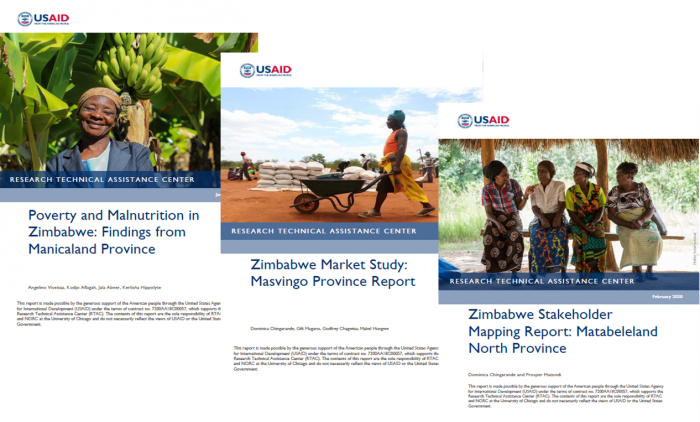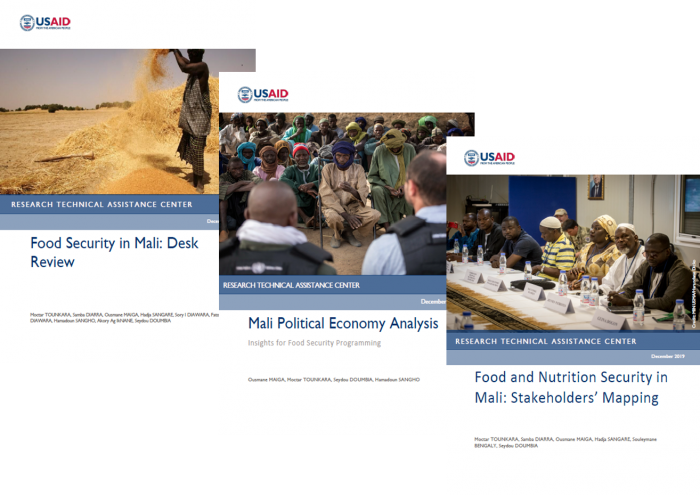RTAC’s Contributions to the Field of Food Security
POSTED October 28, 2020
|Agriculture and Food Security
Samantha Downey, Research Analyst at NORC
This year’s World Food Day called for greater collaboration to build more resilient food systems. As every year, this day prompts us to reflect on how food transits from the field to the table, while nourishing and sustaining the world population. In this blog, we want to highlight two of RTAC’s research activities in recognition of their contributions to the knowledge base for food security.
Zimbabwe
Zimbabwe experiences a number of challenges related to widespread hunger and poverty, for example: limited employment opportunities, economic and political instability, and recurrent climate shocks. A team of researchers in Zimbabwe and the United States conducted food security and market-related analyses, as well as a stakeholder analysis in Manicaland, Masvingo, and Matabeleland North Provinces. Information on the context of each Province was gathered through food security analyses, primary data collection with diverse stakeholders, and desk research. The reports and other materials produced under this activity can be found here.
Mali
Mali’s economy is primarily based on agriculture, animal husbandry, fisheries, and forestry. Recent shocks and stresses from natural disasters, poor harvests, and ongoing conflict and insecurity have increased households’ vulnerability to poverty and insecurity. In this context, the regions of Gao, Mopti, Segou, and Timbuktu have registered above-average levels of food insecurity and malnutrition when compared to the national average. In response to the growing food insecurity situation, a team of researchers in Mali examined the food and nutrition situation in the aforementioned regions. The reports and other materials produced under this this activity can be found here.
Both of these studies have been used to inform the broader body of knowledge on food security and provide actionable recommendations for change. The hope is that governments and donors can use these data to enact and promote policies to improve the lives of vulnerable people and to work towards ensuring prosperity for all.
